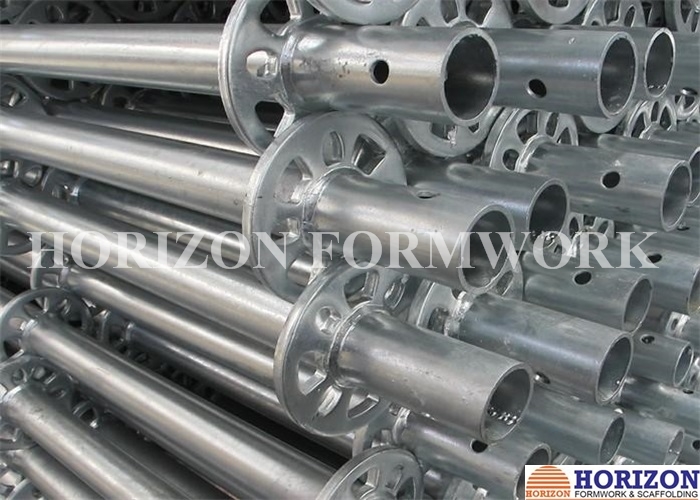Oct . 11, 2024 23:27 Back to list
Top Falsework Providers for Construction Projects Worldwide
Understanding Falsework Companies An Overview of Their Role in Construction
Falsework companies play a critical yet often overlooked role in the construction industry. They specialize in temporary structures designed to support a building or a work in progress, ensuring that the construction process can continue smoothly and safely. This article will explore the essential services provided by falsework companies, the importance of their work, and the challenges they face in a competitive market.
What is Falsework?
Falsework refers to the temporary framework that supports construction elements such as beams, slabs, and arches until the permanent structure can carry its own weight. It is commonly used in various construction projects, including bridges, buildings, and large civil engineering works. Falsework is essential during the initial phase of construction, providing stability and safety as the permanent structural elements are being installed.
The Role of Falsework Companies
Falsework companies are experts in designing, engineering, and installing these temporary support structures. Their services encompass several key areas
1. Design and Engineering Falsework must be meticulously designed to handle the loads imposed by construction activities. This requires a thorough understanding of engineering principles and building codes. Falsework companies employ engineers who specialize in structural analysis to ensure the designs are safe and efficient.
2. Manufacturing and Supply Many falsework companies also manufacture the components used in their systems. This can include everything from scaffolding to shoring systems. By controlling the production process, these companies can maintain quality and reduce lead times, which is crucial in a fast-paced construction environment.
3. Installation and Dismantling Once the design has been approved and materials are on site, falsework companies oversee the installation of the structures. They provide skilled labor to ensure that the frameworks are assembled correctly and safely. After the construction is complete, these companies are also responsible for dismantling the falsework and ensuring that the site is left clean and safe.
4. Safety Management Safety is paramount in construction, and falsework companies must adhere to strict safety regulations. They conduct risk assessments and implement safety protocols throughout the project to protect workers and the public.
The Importance of Falsework in Construction
falsework companies

Without effective falsework solutions, construction projects would face significant delays, increased costs, and potential safety hazards. Temporary supports allow construction to progress without waiting for concrete to cure or waiting for other structural components to be installed. Falsework systems contribute to
- Time Efficiency By providing immediate support as construction progresses, falsework helps keep projects on schedule. - Cost Reduction Efficient falsework solutions can save money by minimizing delays and reducing the amount of material waste through strategic planning. - Safety Assurance Properly designed and installed falsework enhances overall site safety by providing stable platforms for workers.
Challenges Faced by Falsework Companies
Despite their importance, falsework companies face several challenges in the competitive construction industry
1. Market Competition The construction industry is highly competitive, with numerous companies vying for the same contracts. Falsework providers must differentiate themselves through quality, innovation, and reliability.
2. Regulatory Compliance Stricter safety regulations and building codes can complicate the design and implementation of falsework systems. Companies must stay informed and adapt to these changes.
3. Economic Fluctuations The construction market is often subject to economic cycles, which can influence project availability and funding. Falsework companies must be agile and adaptable to sustain their operations during downturns.
4. Technological Advances Advances in construction technology, such as modular construction and advanced materials, pose both opportunities and challenges. Falsework companies must embrace innovation to remain relevant in a rapidly changing industry.
Conclusion
In conclusion, falsework companies are a vital component of the construction ecosystem. Their expertise in designing, manufacturing, and installing temporary support structures ensures that construction projects proceed efficiently and safely. As the industry evolves, these companies must navigate various challenges while continuing to provide innovative solutions that meet the ever-changing needs of construction projects. Their contributions are indispensable in bringing architectural visions to life, making them key players in the construction landscape.
-
High-Quality U Head Jack Scaffolding – Reliable Scaffolding Jack Head Manufacturer & Factory
NewsJul.08,2025
-
High-Quality I Beam H20 Leading Timber Beam H20 Material Factory, Exporters & Manufacturers
NewsJul.08,2025
-
High-Quality Powder Coating Steel Formwork - Durable & Corrosion Resistant Solutions
NewsJul.07,2025
-
Inclined Column Formwork Supplier – Durable & Precise Solutions for Unique Structures
NewsJul.07,2025
-
High-Quality Water Stop Solutions Trusted Water Stop Company & Suppliers
NewsJul.07,2025
-
High-Quality Formwork Material Supplier Reliable Manufacturer & Factory Solutions
NewsJul.06,2025